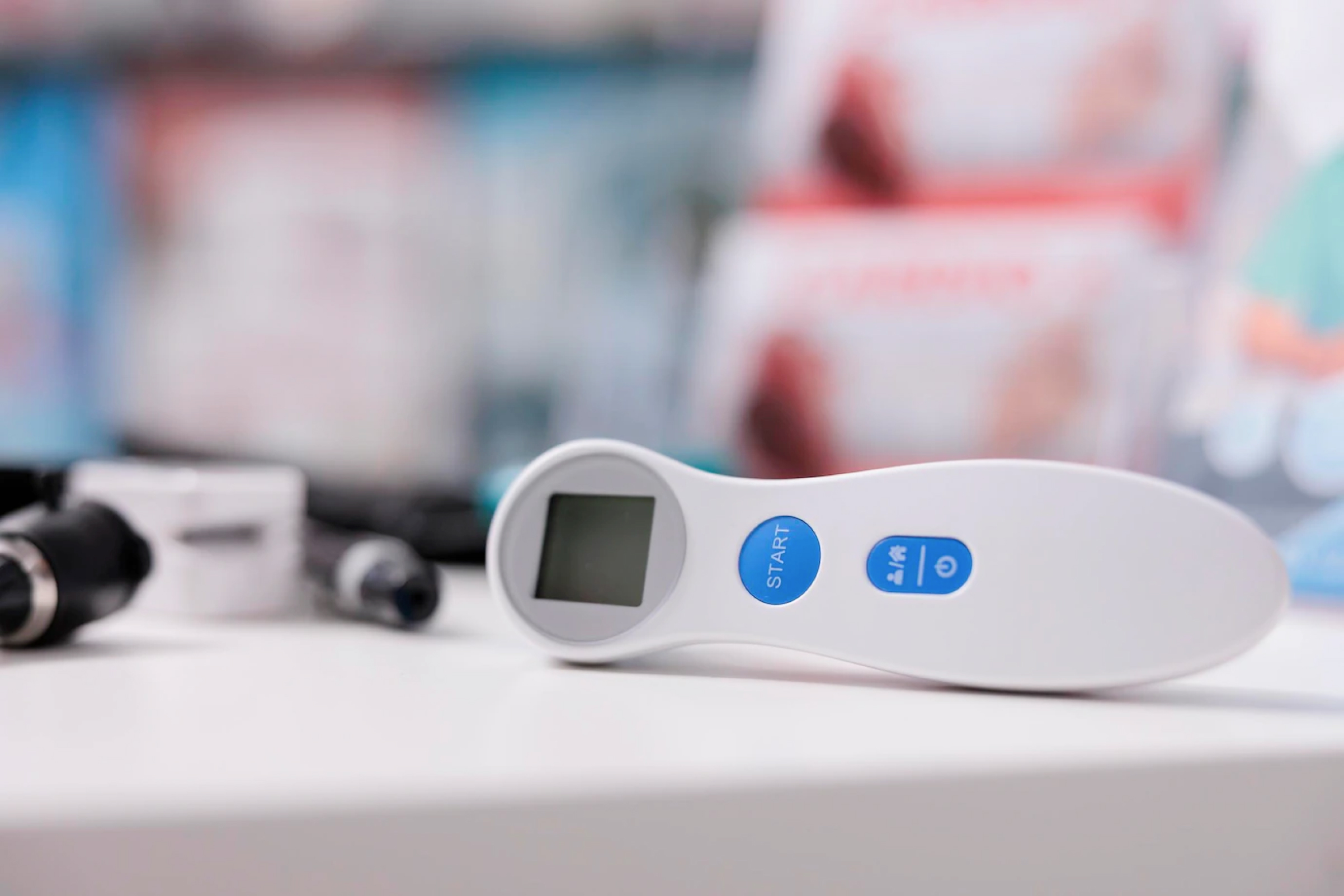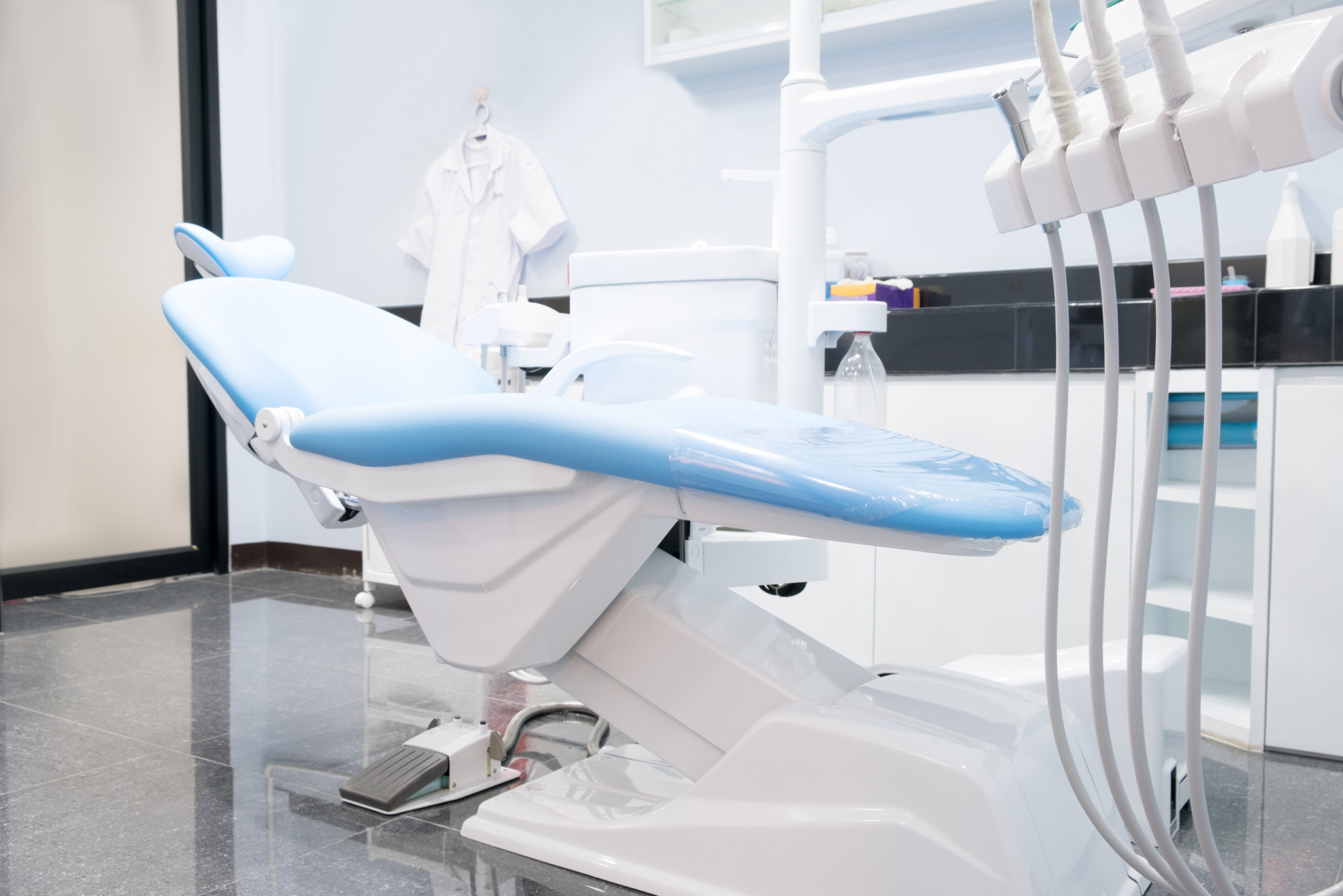UDI System

The United States Food and Drug Administration, or the FDA, enacted the Unique Device Identifier rule, which is also known as the UDI rule in 2013. The purpose of the UDI rule is to conduct post-market surveillance on medical devices, analyze, respond to adverse events, and manage information.

The labels and packages of medical devices distributed in the United States are required to include a UDI, which is a human-readable code used to track and identify a specific medical device from a specific device labeler. The device labeler must apply the UDI and submit device information to the Global Unique Device Identification Database, which is also known as GUDID.

The Global Unique Device Identification Database, or GUDID, is a publicly accessible database maintained by the FDA. It contains data submitted by device manufacturers, including details about the device's structure, labeling, packaging, and performance characteristics. The database also includes regulatory information, such as whether the device has been cleared or approved by the FDA. The GUDID enhances patient safety and facilitate the traceability of medical devices.

The timelines for the UDI system differ based on the classes. Labels and packages of Class II medical devices must include a UDI from September 24, 2016. Labels and packages of Class I must include a UDI from September 24, 2018. Globizz offers a variety of consulting services for UDI systems.

Consulting services on UDI systems and seminars on UDI

Advice on creating barcodes
and labels compatible with UDI

Supporting the registration and operation for GUDID

Recently, the FDA has started sending letters about Unique Device Identification (UDI) compliance and listing requirements to companies that have registered their medical devices. According to these letters sent by the FDA, the required compliance date for UDI on labels and in GUDID should be prior to 2022 or in 2022.
Although medical device registrants are required to upload the UDI information to GUDID, there are some exemptions. These are the products that are exempted from UDI and GUDID requirements: A Cass I device that is exempt from good manufacturing practices (GMP exempt) (21 code of federal regulations [CFR] §801.30(a)(2)); Custom devices (21 CFR §801.30(a)(5)); Devices intended only for export from the US (21 CFR §801.30(a)(8)); Devices for which the FDA has established a performance standard that states an exemption to §801.20 compliance (21 CFR §801.30(a)(10)); Most combination products with a national drug code (NDC) (21 CFR §801.30(b)); Most Class I, 510(k)-exempt devices sold directly to consumers and patients which are labeled with a universal product code (UPC) (2022 UDI Guidance Document)
Companies, such as specification developers and contract manufacturers, that are in a supply chain are also required to register their establishments and list their devices with the FDA. However, only one UDI and GUDID entry for these devices is necessary. If you receive this letter from the FDA, you should check if your devices meet the exemptions. You should also check if there is an agreement with another company in your supply chain that handle the UDI and GUDID requirements. Lastly, you should also ensure that your devices are appropriately listed in the FDA device listing database.

Globizz offers a variety of consulting services for UDI systems. Please feel free to contact us for our consulting services. We will answer your questions in a timely manner.
Contact us
